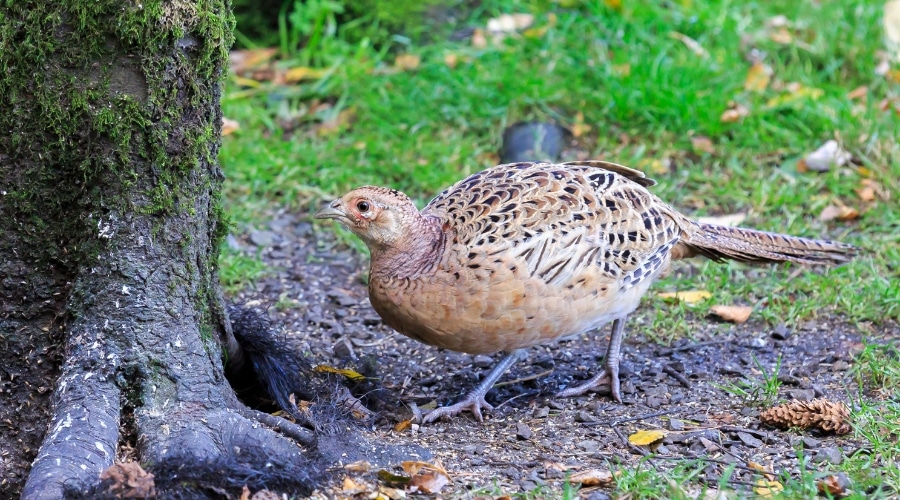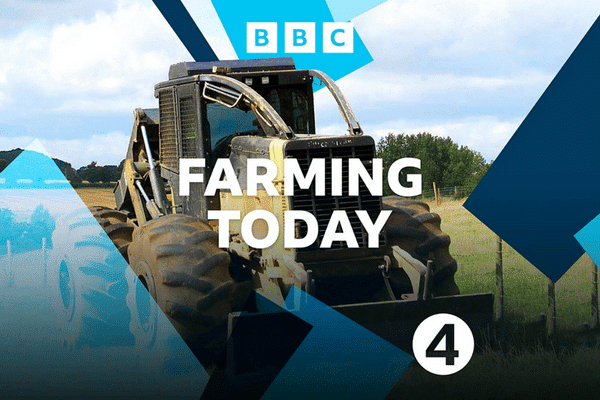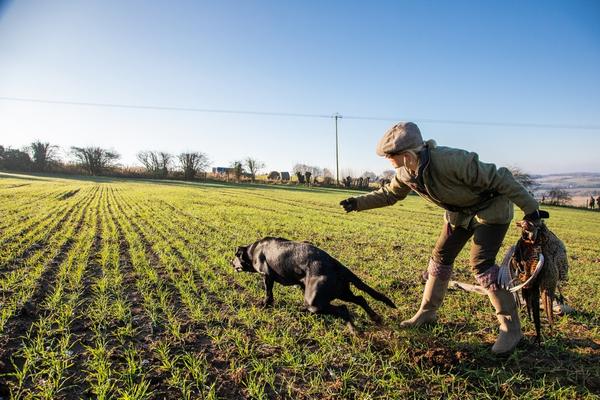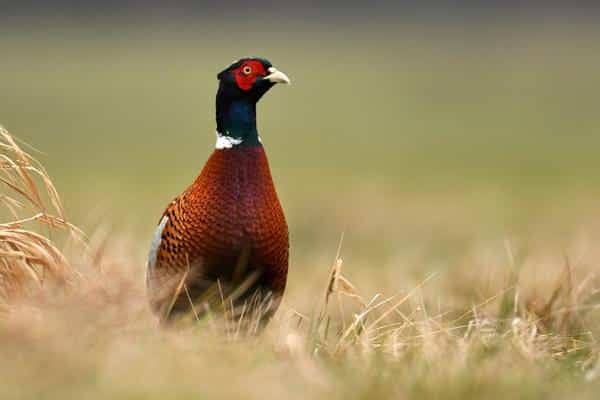
Avian influenza 90-day movement restriction to be cut by two-thirds
BASC has received ministerial confirmation that AI movement restrictions for importing gamebirds and other poultry to Great Britain will be cut from 90 days to 30 days.
Get information on the legal shooting season for mammals and birds in the UK.
Apply for funding for your project or make a donation today
Comprehensive information and advice from our specialist firearms team.
Everything you need to know about shotgun, rifle and airgun ammunition.
Find our up-to-date information, advice and links to government resources.
Everything you need to know on firearms law and licensing.
All the latest news and advice on general licences and how they affect you.

Adhering to best-practice biosecurity is the “biggest tool” available to stop the spread of avian influenza, BASC told the BBC earlier today.
Speaking on BBC Radio 4’s Farming Today programme this morning, BASC’s head of game and wildlife management, Glynn Evans, told presenter Anna Hill that everyone should be aware of their responsibility and follow best-practice biosecurity measures.
Mr Evans went on to stress that the risk level for kept game birds was low. He told the programme: “If we look at game birds on the rearing field, they are kept birds, they are classed as poultry. The risk level for these birds, for all kept poultry, at the moment is low.
“When we look at wild birds, the risk is high. So the thing that we must do, whatever birds we are keeping – whether it’s a backyard flock of chickens or whether it’s game birds on a rearing field – we must practise the highest biosecurity. That is our biggest tool to stop the spread of avian influenza to captive birds.”
He added: “Everybody should be responsible and follow best-practice biosecurity”, and went on to elaborate on this point, posing the question, when any of us visit the countryside, “Do we clean our boots? “These are things that people who go shooting will have plans in place to do.”
You can listen to the interview in full (from 8 minutes 8 seconds) here.
For more information and advice, head to BASC’s dedicated avian influenza hub here.

BASC has received ministerial confirmation that AI movement restrictions for importing gamebirds and other poultry to Great Britain will be cut from 90 days to 30 days.

BASC continues to monitor the developing situation with avian influenza, providing the latest advice and guidance to members via our AI hub.

BASC’s Glynn Evans featured alongside Jeff Knott from the RSPB to discuss gamebird release and AI.